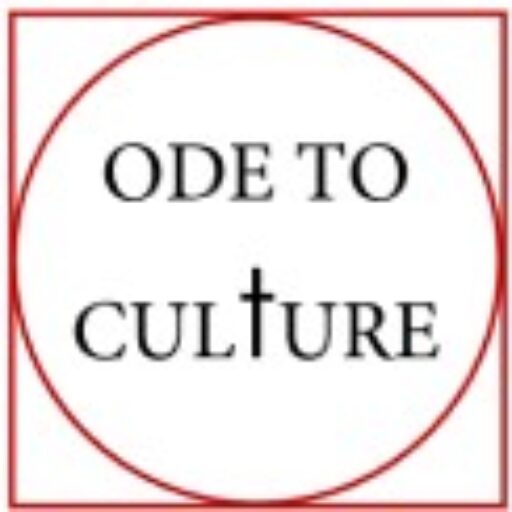Prompt 10: October 1, 2021
I want to take this prompt to reorient the aim of this project– Ode To Culture.
Culture is the patterns, knowledge, identity, and values pressed upon us from our environment. It is primarily the knowledge we gain toward finding our “place” in society; to be appreciated and useful in a community. Personally, each of us recognizes we have a social context in which we should conform, but also an individuality that is constantly at odds with our culture. This tension is the ultimate question behind any political philosophy; what the state should do with individual sovereignty. Ode To Culture is an exploration into our cultural understandings of the world in order to guide our personal actions toward Christ’s lived example. This a purely counter-cultural endeavor, as every encounter between our thoughts and our actions is a step away from implicit social behavior toward explicit actions. It’s a decision and a willingness to think, not to become determinate in our own reasoning, but to recognize where our faith is actually anchored; in culture, knowledge, laws, church, scripture, acceptance, etc. That is the reason for the verse in each prompt’s footer.
To think through our role in culture, and our culture’s role in our [Selfs], we must acknowledge what can’t be done collectively, and what can’t be done individually. Just as one can’t create language alone, he alone is the interpreter of meaning behind words. Empathy is as close as we can get to sharing an experience, as personal a phenomenon as can be. The absurdity of cultural initiatives which try to perform personal acts is blatantly apparent in every collective antic. How can a group, which isn’t a person, do anything uniquely personal like remember, grieve, sympathize, care, appreciate, hope, or revere? That is the question raised this month.
Forgiveness is central to the Christian faith, showing a uniquely personal God calling us to a uniquely personal relationship to him and personally redemptive relationships with other people. Forgiveness is not easy, at least not for me. It is both a mental and emotional injustice in favor of the perpetrator. In this world it seems like this gives power to the wicked, to continue to do harm against passive victims. In a spiritual sense however, there is something much more to forgiveness than justice–redemption. Forgiveness seems to imply that there is no justice. This seems to be the central understanding of Christian doctrine, that there are trespasses that cannot be fixed, that the Law brings nothing to maturity.
Once again, a topic has come to mind that I cannot provide adequate context to frame the conversation, so I hope these questions can stimulate thought and discussion:
- What does it mean to “remember their sin no more?” (Jeremiah 31)
- What does forgiveness actually mean socially or institutionally?
- Can the collective forgive a transgressor or is it something more like recompense?
- Is the individual called to forgiveness for transgressions of the collective?
- Is trust necessary for full forgiveness?
The thread is open. Create boldly, and may the Spirit guide us all.
Advisor’s Comments
Glad this is still going on. Volf’s work in Exclusion and Embrace might be helpful to you if you have the time to read portions of it, particularly chapter 3 which starts on page 72. His context is pretty bloody, and so employs both the ideas of remembrance but also forgetting as paths to forgiveness.
Ryan Mayo

